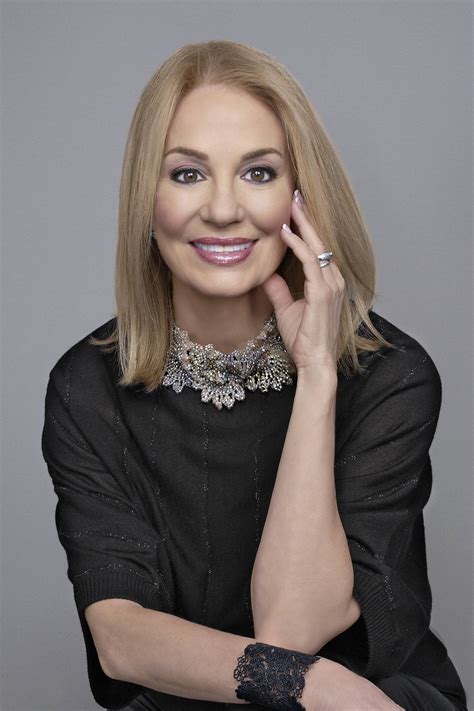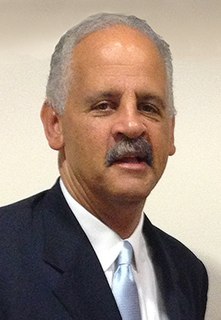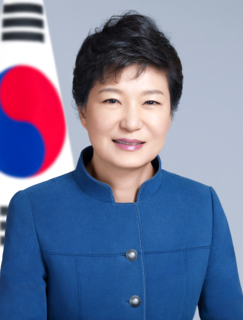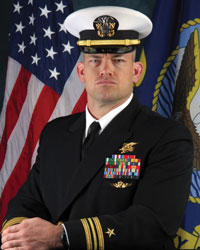A Quote by John C. Maxwell
There are three qualities a leader must exemplify to build trust: competence, connection, and character.
Quote Topics
Related Quotes
Executive presence has to do with the whole of the person. It's much more than presentation skill, charisma or savvy. It shows up in three dimensions of the leader's persona - character, substance and style. It's now clear that for a leader to influence and make an impact, it is important for them to also develop qualities such as authenticity, integrity, resonance, practical wisdom, and vision.
There are three lessons in philanthropy - one, involve the family, especially the spouse. She can be a remarkable driver of your initiative. Two, you need to build an institution, and you need to scale it up. Choose a leader for philanthropy whom you trust. Three, philanthropy needs patience, tenacity and time.
Trust is perhaps the most critical single building block underlying effectiveness. Without trust leaders do not have followers. Without trust, leaders are impotent despite great rhetoric or splendid ideas. Trust rests on the belief among followers that the leader is transparent: What you see is what there is. Trust means followers believe there is no duplicity; no manipulation just to satisfy the leader's ego. Very simply: The effective leader is transparent; that's why that person is trusted.
Since the team understands that the leader is de facto in charge, in that respect, a leader has nothing to prove. But in another respect, a leader has everything to prove: Every member of the team must develop the trust and confidence that their leader will exercise good judgment, remain calm, and make the right decisions when it matters most.
We build character in order for us to withstand the rigors of combat and resist the temptations to compromise our principles in peacetime. We must build character in peacetime because there is no time in war. Character is the most important quality you can find in any person, but especially in a soldier. It is the foundation that will get anybody through anything he may encounter. Reputation is what people think you are; character is what you are- that is the staying power.



































